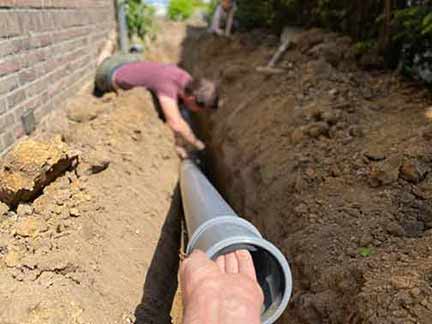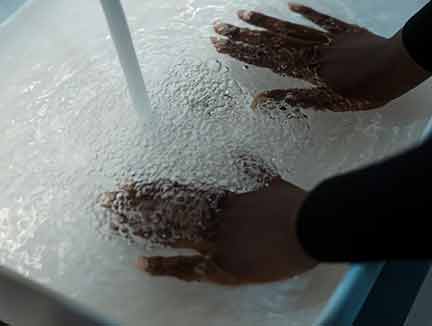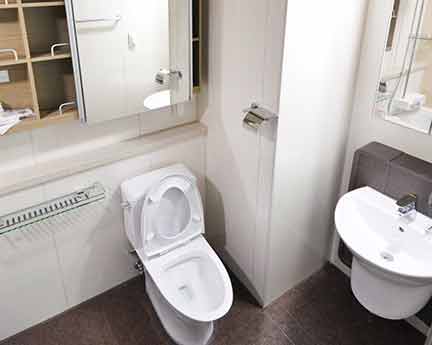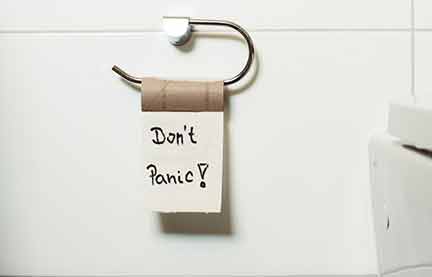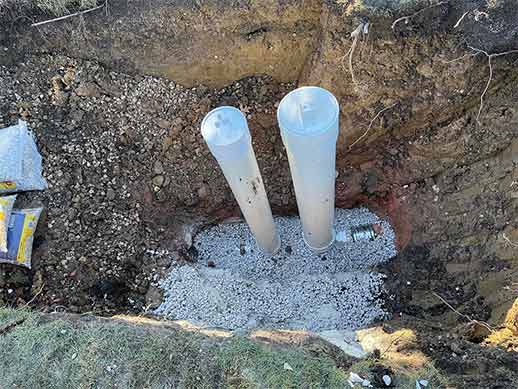
Your home’s main sewer line is the large pipe that collects wastewater from the various drains inside the house and transports that wastewater to the municipal sewer line in the streets. Hidden below ground, the main sewer line ensures that wastewater does not remain in your shower, sink, garbage disposal or toilet every time you use these plumbing fixtures.
The main sewer line is the vital link between your home’s drain system and the city’s wastewater management system. It runs through your yard to connect to the city sewer line or the home’s septic system (if your home doesn’t have or is not connected to a central sewer system). According to Reside Rentals the main sewer line is essential for the function, comfort and safety of your home.
Problems in the main sewer line can upset the daily routine of your entire household. They can also subject your property to the risk of severe physical damage. The most common problems with a home’s main sewer line are clogs and blockages. Sewer line clogs and blockages happen for several reasons, and the typical way to deal with them is to clean the sewer line via a professional sewer rodding or hydro jetting service.
But sometimes sewer line problems can get so bad that cleaning the pipes does not get rid of the issues. In these situations, the sewer line must be repaired or replaced. Fixing a damaged sewer line is a complex job that needs expertise. The cost and complications that will ensue if you hire the wrong person to do this job can be massive.
If your home’s main sewer line is damaged and you are in the process of hiring a sewer line repair contractor to fix it, what are the qualities you should look for in that contractor? This list of ten questions will help you screen each sewer main line repair contractor you talk to. Use them to find a contractor who is the right fit for your sewer repair job.
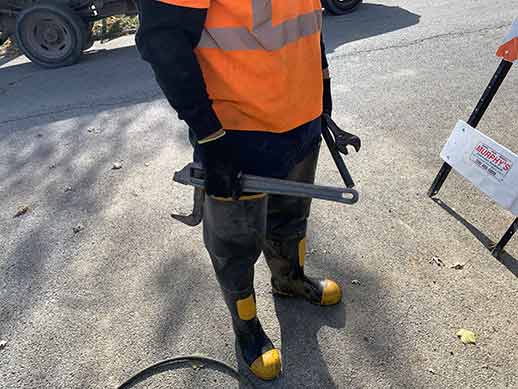
Fixing a damaged sewer line is a complex job that needs expertise. The cost and complications that will ensue if you hire the wrong person to do this job can be massive.
10 questions to ask before you hire a sewer main line repair contractor
Are you a licensed sewer contractor?
Most states require sewer contractors operating within their jurisdiction to be licensed. This licensing process involves checks by the authorities to make sure the company is properly certified. Only work with licensed companies and make sure their licenses are up-to-date.
What is your experience and expertise?
Experience matters because things can easily go wrong when repairing a damaged sewer line. These complications may not manifest until long after the sewer repair is completed. An inexperienced contractor can make your sewer line more susceptible to damage.
Can you provide references?
A reputable contractor should not have any problems with allowing you to talk to their past customers. To be sure that the contacts they give you are actual customers, ensure you speak with every person on the list.
What kind of sewer replacement technology do you use?
Do they specialize in residential or commercial sewer line repair? What kind of sewer repair methods do they use? Do they recommend trenchless repair, and is this method suitable for your home? What kind of equipment do they have?
Are you adequately insured and bonded?
What happens if a worker is injured or your property is damaged during the project? Do they have the right insurance; worker compensation, liability and property insurance? What happens if the company is unable to complete the project? Are they bonded?
Do you offer any guarantees?
If there is a problem after the project is completed, will they fix the issues at no cost to you? Or are you required to pay for such repairs? If there is a warranty, how long is it, and what does it include?

Ensure the quote is binding and takes into account everything that can unexpectedly cause the project cost to increase.
How will you cost the project?
Will the plumber conduct a sewer camera inspection of the line before they cost the project or give you an estimate? Ensure the quote is binding and takes into account everything that can unexpectedly cause the project cost to increase.
Will you get the required permits and inspections?
You may need to get a permit from the city for your sewer repair job. You may also be required to have the sewer line inspected afterwards to make sure it is up-to-code. Will the company take care of these arrangements?
Do you do post-project cleanup and restoration?
Depending on the type of sewer repair method, post-project cleanup and restoration can be a lot of work and cost a lot of money. Some of the work may include backfilling of dug-up materials and compaction after backfilling.
What are your payment terms?
How would they like to receive their payment? Do they expect to be paid on the same day that the work is completed or a few days after? Do they accept multiple payment options? Never pay cash to a contractor. Never pay a contractor on the site.
Finally, check for verified reviews of the contractor on various online platforms. Also, get and compare quotes from at least three shortlisted contractors before you make your decision.
